Following the Arab Spring, Turkey and Iran started expanding their influence in the region, utilising the state of instability. While both countries compete over expanding influence in Syria, Iraq, and Azerbaijan, they managed to maintain strong mutual relations. The analysis examines foreign policy tools employed by both countries to maximise their benefits along with analysing the commonalities and differentiation of interests between them in the Middle East.
Iran’s Deterrence Strategy
After the 1979 Iranian Revolution, the West imposed sanctions on the new revolutionary system due to storming the United States Embassy and the ensuing hostage crisis. These sanctions made the Iranians believe that war between them and the West might erupt at any moment. Since they do not have enough military power to deter any forthcoming foreign attack, Iran adopted a new deterrence policy consisting mainly of three main pillars.
Firstly, creating militias in neighbouring countries, attempting to disrupt the stability of these countries. For instance, Iran weaponised, trained, and funded Hezbollah in Lebanon, the Houthis in Yemen, and the Popular Mobilisation Forces in Iraq to consolidate its influence in these countries. The creation of these militias allowed Iran to exercise influence in the Middle East and present itself as a regional power.
Secondly, Iran uses its nuclear program as a deterrence strategy to prevent military threats, especially from the U.S. and Israel. By advancing uranium enrichment, it creates uncertainty about how close it is to developing nuclear weapons. This ambiguity makes it risky for adversaries to launch a pre-emptive strike, as they are not sure of the full consequences, especially that Iran threatens to retaliate through targeting U.S. forces in the Gulf and preventing the exportation of oil from the Hormuz Strait, which may create a global economic crisis. At the same time, Iran uses its nuclear progress as a bargaining tool in negotiations, leveraging it to ease sanctions and gain political concessions. Regionally, this program complements Iran’s missile capabilities, reinforcing its ability to retaliate if attacked.
Thirdly, developing a ballistic missile program is one main pillar of the Iranian deterrence strategy. Due to sanctions imposed by the West, it mainly depended on locally developed technological products, obtained assistance from North Korea that is known of developing advanced long-ballistic missiles, while simultaneously attempting to illegally obtain technology from the West.
These three main pillars are interconnected and they have been employed effectively to preserve Iranian national security internally and externally. For instance, in October 2024, Iran attacked Israel with ballistic missiles as retaliation for the assassination of Ismael Hanyah in Tehran. Similarly, in January 2024, Iran conducted missile and drone strikes in Pakistan’s Balochistan province, claiming that it targeted Jaysh al-Adel, which is categorised by Iran as a terrorist group. Iran has also targeted a building in Arbil in Iraq, proclaiming that it was dominated by the Mossad in January 2024.
Turkey’s Flexible Foreign Policy
Turkish foreign policy has undergone a significant transformation in the last few decades. In the 1990s, its approach to regional affairs was driven by military assertiveness, with limited emphasis on diplomatic engagement due to the rise of the Kurdistan Workers Party (PKK). This period witnessed large scale Turkish military actions against the PKK in Northen Iraq. Moreover, Turkey was close to attacking Syria due to the latter’s support of the PKK until some Arab countries, including Egypt, and the Arab League of States mediated between the both sides, resulting in concluding the Adana agreement in 1998 that allowed Turkey to wage military attacks on the PKK on Syrian territory.
In 2002, the Justice and Development Party (AKP) came to power, unleashing a new era of Turkish foreign policy, where diplomacy topped other options in dealing with external conflicts. Generally, Turkey under AKP rule has employed a foreign policy based on four main pillars.
Firstly, zero problems principle with neighbouring countries. This policy entails resolving problems, keeping them to the minimum, or temporarily freezing them while increasing economic and military cooperation with countries that experience disputes with Turkey. This policy was first developed by Turkey’s former Foreign Minister Ahmet Davutoğlu. However, following the eruption of the Arab Spring in 2011, Turkey employed an engagement-oriented policy, supporting the overthrow of political regimes in Syria and Libya, which resulted in increased tension with other countries in the Middle East such as Egypt and Saudi Arabia.
Secondly, Turkey employs a military engagement policy to maximise its benefits in the Middle East. Making a shift from zero problems to military engagement indicates that Turkish foreign policy is flexible and could easily adapt to ongoing developments in the region.
Turkey supported the Sunni armed groups in Syria and Libya, making its foreign policy similar to that of Iran. Moreover, the Turkish military strategy aimed at exporting its image as a regional power that can shape the outcomes of conflicts in the Middle East. This became evident when Turkey intervened in Libya and supported the Government of National Accord (GNA) to deter the attacks waged by the Libyan National Army (LNA) in 2020, which later contributed to concluding a ceasefire agreement in October 2020, stalemating the status-quo.
Thirdly, humanitarian assistance has been employed by Turkey to assist countries that experience economic or humanitarian crises, which helped Turkey improve its soft power and later allowed it to expand its economic and military influence. For instance, Turkey launched a humanitarian assistance campaign to assist Somalia in 2011, and in 2017, Turkey opened its largest military base, known as TURKSOM, beyond its borders.
Commonalities
While Turkey has strong diplomatic relations with Iran, both countries experience challenges to sustain these relations due to their conflict of interests in the Middle East.
Firstly, Turkey and Iran share the same interests of preventing the Kurds from having an independent country. Both countries perceive a sovereign Kurdish state as a direct threat to their national security, as an independent Kurdish state would motivate Kurds in Turkey and Iran to seek independence or to raise the issue of self-determination. Moreover, a sovereign Kurdish state would financially and militarily support the PKK in Turkey and other armed groups in Iran, hence constituting a direct threat to the national security of these countries.
Secondly, both countries agree on working to limit the influence of foreign powers, including the U.S., in the Middle East. This became evident when both countries agreed with Russia to launch a new path, known as the Astana Talks, to resolve the Syrian Civil War. Unlike the Geneva Talks, which could not bring any effective outcome to end the conflict, the Astana path managed to de-escalate the conflict between the regime, which was supported by Iran and Russia, and the opposition forces, which were supported by Turkey through an agreement known as “De-escalation Agreement” in 2017.
Thirdly, both countries share the interest of developing their mutual economic relations, especially in the energy sector. Turkey and Iran share a pragmatic energy partnership, with Iran being a major supplier of natural gas and crude oil to Turkey. The Tabriz-Ankara Pipeline ensures a steady flow of natural gas, crucial for Turkey’s electricity and heating needs. Geographical proximity reduces transportation costs, making Iranian energy more affordable. Despite sanctions on Iran, Turkey often finds ways to continue trade, such as using local currencies or barter systems. Both countries have also collaborated on electricity trade and explored expanding pipeline networks. Energy trade provides Iran with vital revenue and Turkey with diversified energy sources, balancing reliance on other suppliers like Russia. While geopolitical tensions and sanctions pose challenges, energy remains a stabilizing factor in their relationship. Turkey’s aspiration to become an energy hub and Iran’s vast reserves ensure continued mutual interest.
Contradictions
Despite the commonalities between the two countries, there is a conflict of interests between them in the Middle East with both countries fiercely competing in Syria. Since 2011, Turkey and Iran have adopted contradictive policies to preserve their interests in Syria. While Iran supported the Syrian regime militarily though sending forces affiliated with Revolutionary Guard forces and other proxies such as Hezbollah, Turkey supported opposition forces diplomatically and militarily. Even after the fall of the Syrian regime in December 2024, the conflict of interests between the two countries was still evident as Turkey became the main player in Syria while the Iranian role has been minimised to the extent that its Iran’s Foreign Minister declared that Syria has left the “Axis of Resistance”. Iran has also repeatedly accused Turkey of being the main inciter of the opposition to wage its military attack against the regime and considered it a “stab in the back”. While Iran opposes the idea of creating an independent Kurdish state, they do not mind providing the minimum military support, including drones, to the Kurdish armed groups in Syria to challenge Turkish influence.
Azerbaijan is another area over which both countries compete. Historically, Azerbaijan was a part of the Persian Empire until the early 19th century. The Russo-Persian Wars (1804–1813 and 1826–1828) led to Iran ceding large territories, including modern-day Azerbaijan, to the Russian Empire through the treaties of Gulistan and Turkmenchay. After the Soviet Union collapsed in 1991, Azerbaijan gained independence, but tensions with Iran soon emerged. Tehran was wary of Azerbaijan’s nationalist rhetoric, fearing it could inspire separatism among its large Azerbaijani population living in Iran.
Turkey and Azerbaijan share a deep historical, cultural, and linguistic bond, often described as “one nation, two states“ Their alliance is rooted in ethnic Turkic identity and strong political, military, and economic ties. Turkey was the first country to recognize Azerbaijan’s independence in 1991 and has since been a key ally, supporting Baku diplomatically and militarily, particularly during the 2020 Nagorno-Karabakh War. Turkish drones and military training played a crucial role in Azerbaijan’s victory over Armenia, strengthening their strategic partnership. Trade and energy cooperation also reinforce their relationship, with major projects like the Baku-Tbilisi-Ceyhan oil pipeline and the Trans-Anatolian Natural Gas Pipeline (TANAP) linking their economies.
However, Turkey’s close ties with Azerbaijan have strained its relationship with Iran. Tehran views the Turkish-Azerbaijani alliance as a challenge to its regional influence. The 2022 joint Azerbaijani-Turkish military exercises near the Iranian borders further heightened tensions. Additionally, Turkey’s push for regional projects like the Zangezur Corridor, which would link Azerbaijan to Turkey via Armenia, threatens Iran’s traditional trade routes and economic influence in the Caucasus.
Iran and Turkey have long competed for influence in Iraq, each pursuing its own strategic interests. Iran, a dominant player, supports Shi’a political factions and militias to maintain its grip on Iraqi politics and security. In contrast, Turkey backs Sunni and Turkmen groups while maintaining strong ties with the Kurdistan Regional Government (KRG) to counterbalance Iranian influence. The two countries also clash over military presence—Turkey conducts operations against the PKK in northern Iraq, while Iran-aligned Popular Mobilization Forces (PMU) oppose Turkish incursions. Additionally, Iran opposes Turkish efforts to expand its influence in Mosul reconstruction efforts in the city, which was destroyed during the war on Islamic State of Iraq and Syria (ISIS).
In conclusion, while both Iran and Turkey share common interests, such as opposing Kurdish independence and limiting foreign influence in the Middle East, their regional ambitions often lead to competition and contradictions. Their foreign policies, though sometimes aligned, differ significantly in their strategies for exerting influence, with Iran focusing on militias, nuclear deterrence, and missile programs, while Turkey emphasises military engagement and diplomatic flexibility. Despite this, energy trade remains a stabilizing factor in their bilateral relations. Their competition is especially evident in Syria, Azerbaijan, and Iraq, where diverging goals continue to shape their regional dynamics. Ultimately, the evolving balance of power between these two countries will continue to influence the geopolitical landscape of the Middle East.
References
Alhasawi, S. (2021). Turkey and Iran Geopolitical Approaches in the Middle East. Near East South Asia Center for Strategic Studies. https://nesa-center.org/turkey-and-iran-geopolitical-approaches-in-the-middle-east/
Grajewski, N. (2024). Iran is at a Strategic Crossroads, Carnegie Endowment for International Peace, https://carnegieendowment.org/emissary/2024/10/iran-israel-missile-attack-nuclear-strategy-what-now?lang=en
Nasr, V. (2024). In Post-Assad Middle East, Iran’s loss is Turkey’s gain. Foreign Policy, https://foreignpolicy.com/2024/12/10/syria-assad-turkey-erdogan-iran-geopolitics-middle-east-rivalry/
Ohanyan, A. (2023, November 3). How will Azerbaijan’s zangezur “Corridor” through Armenia reshape the region? Foreign Policy. https://foreignpolicy.com/2023/11/02/azerbaijan-armenia-zangezur-corridor/
Robinson, K. (2024). Iran’s regional armed network. Council on Foreign Relations, https://www.cfr.org/article/irans-regional-armed-network
Samadzade, S. (2024). Azerbaijan and Turkey’s Fraternity Reshaping Regional Power Dynamics. Italian Institute for International Political Studies. https://www.ispionline.it/en/publication/azerbaijan-and-turkeys-fraternity-reshaping-regional-power-dynamics-162723
THE ASSOCIATED PRESS. (2019, November 4). Key moments in the 1979 Iran hostage crisis at US Embassy | AP News. AP News. https://apnews.com/general-news-6149da2418b140c2b1d5b0ca5779bac5
Tol, G. (2013). Turkey’s Search for a “Zero Problem” Policy. Middle East Institute, https://www.mei.edu/publications/turkeys-search-zero-problem-policy
Yazdanshenas, Z., & Saleh, A. (2024). Iran’s new nuclear policy between deterrence and pragmatism. Middle East Institute, https://www.mei.edu/publications/irans-new-nuclear-policy-between-deterrence-and-pragmatism

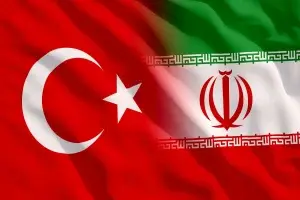

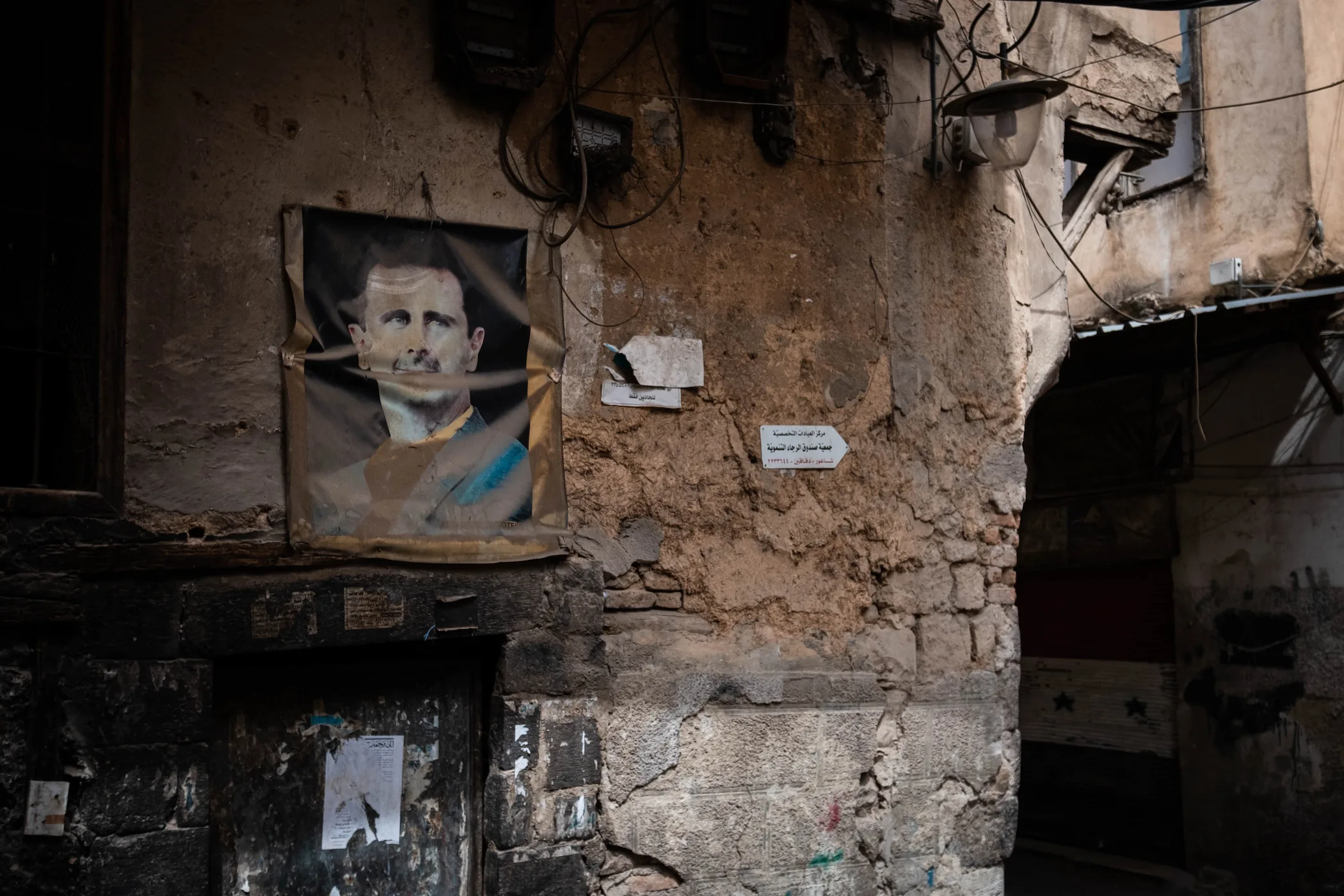









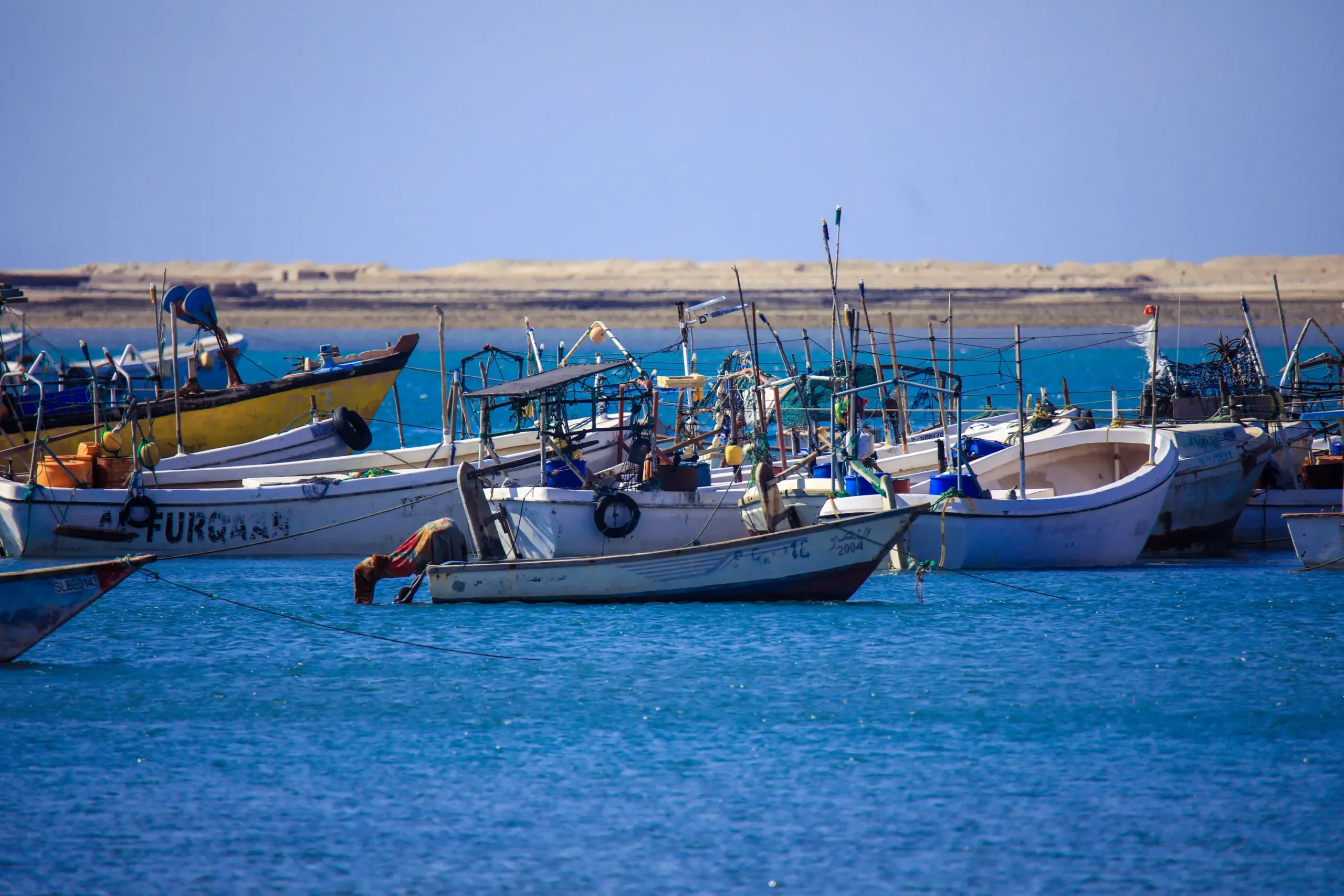
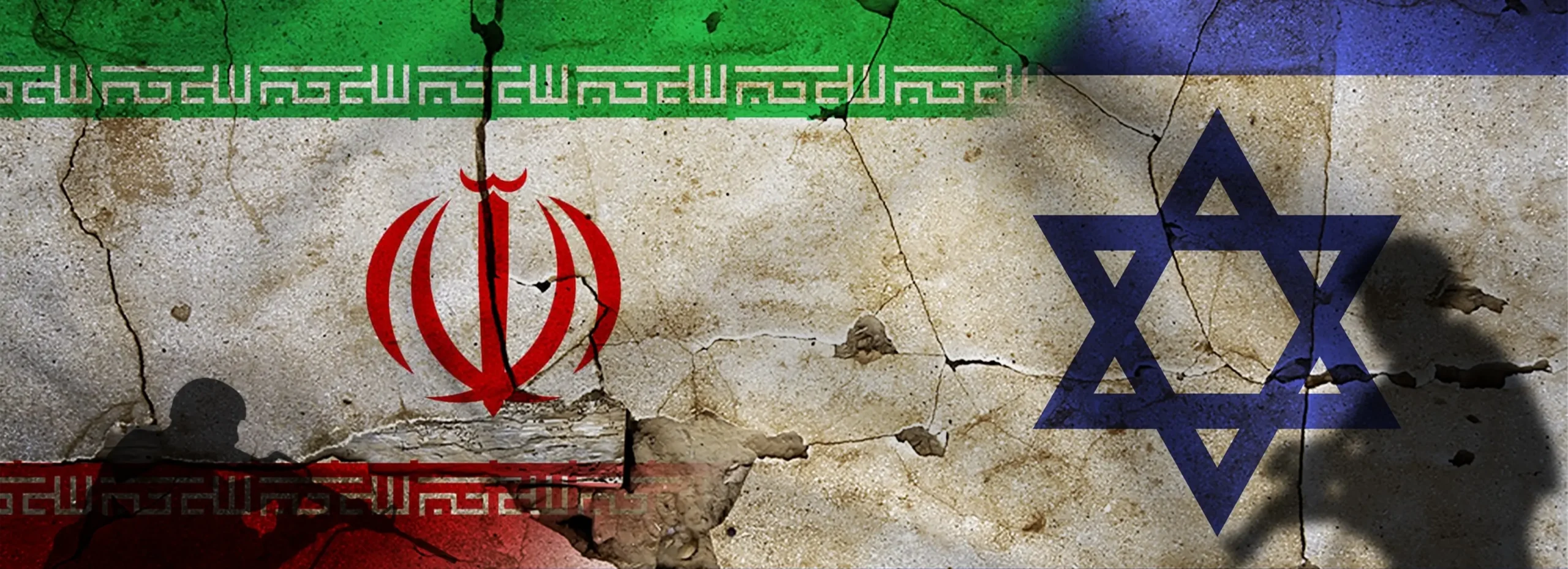

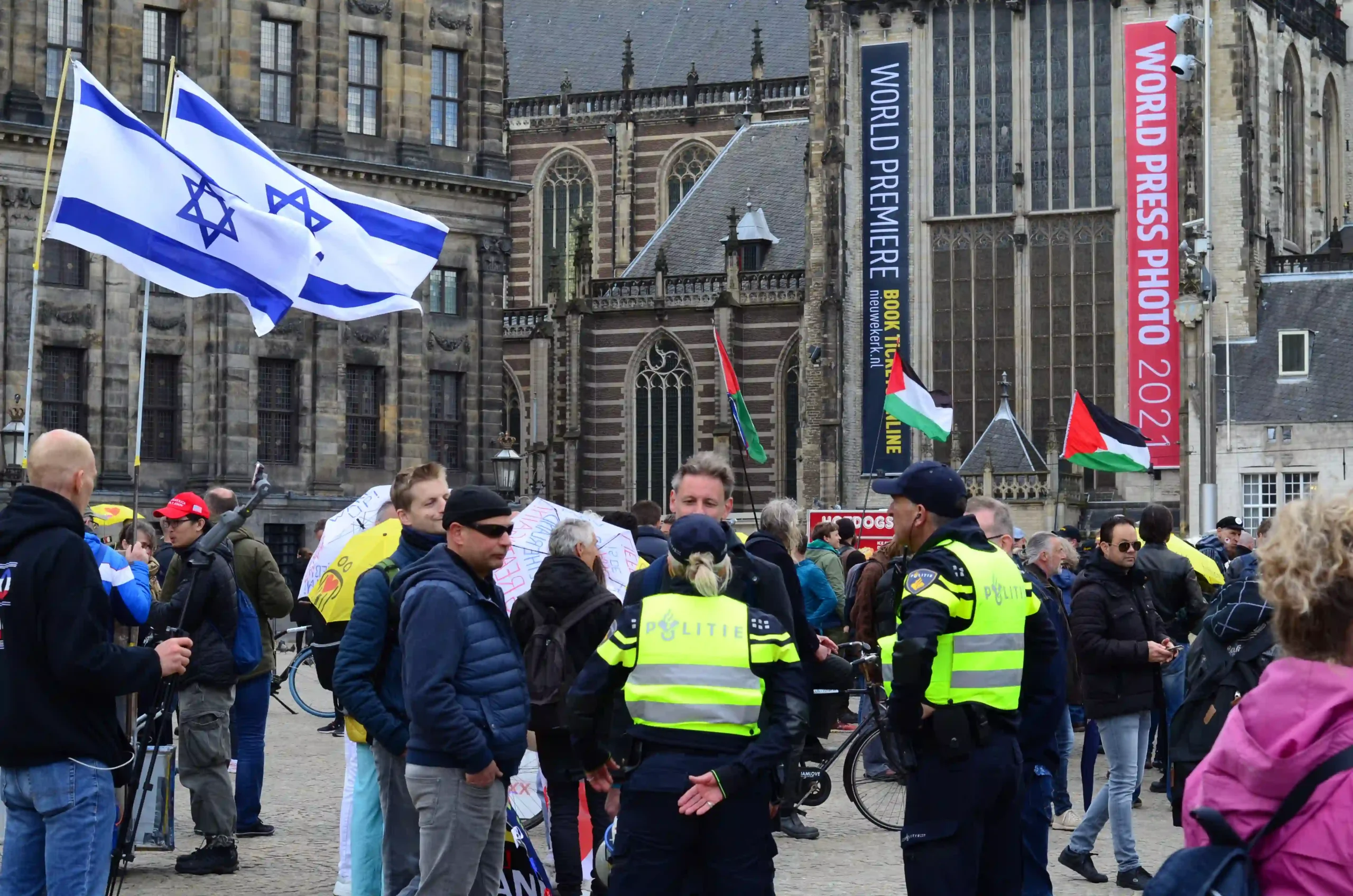
Comments